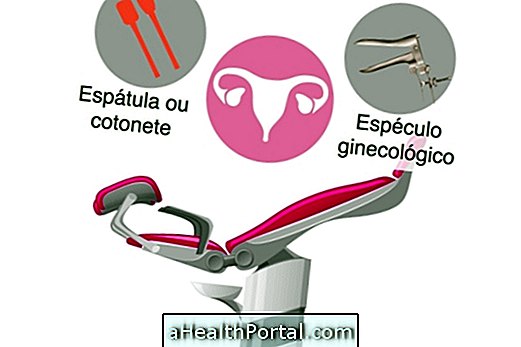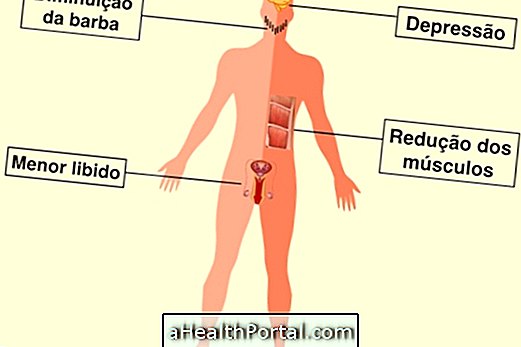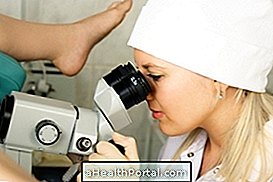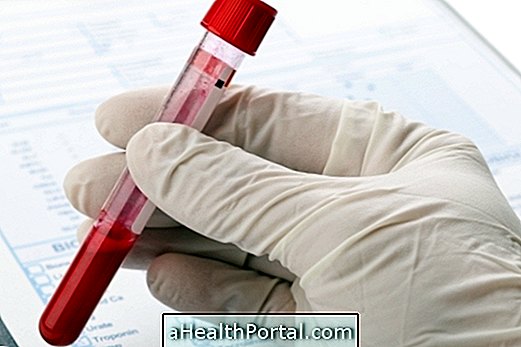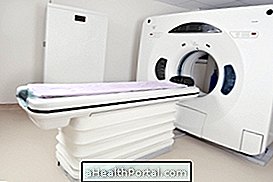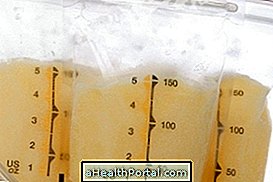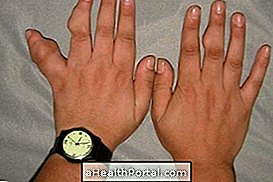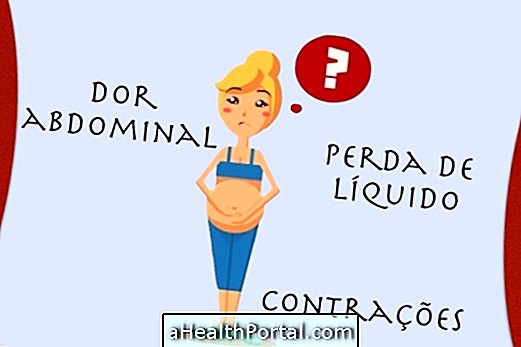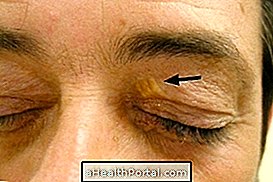Pancreas endoscopic retrograde cholangiopancreatography, known only as ERCP, is an examination used to diagnose diseases in the biliary and pancreatic tract, such as chronic pancreatitis, cholangitis, or cholangiocarcinomas, for example.
The major advantage of this examination is that in addition to being able to make the diagnosis without surgery it can also treat simpler problems by removing small stones that are in place or even widening the bile ducts with the placement of a stent .
However, ERCP is usually reserved for cases where other, simpler imaging tests, such as ultrasound or magnetic resonance imaging, have not been able to confirm or miss a diagnosis.
What is it for
The ERCP exam can help your doctor confirm some diagnoses related to the biliary or pancreatic tract, such as:
- Gallstones;
- Infections in the gallbladder;
- Pancreatitis;
- Tumors or cancer in the bile ducts;
- Tumors or cancer in the pancreas.
In addition, this technique also allows the treatment of simpler problems, such as the presence of stone, and therefore this test can be chosen when there is a high probability that the diagnosis is true, since it can also allow the treatment, unlike of simpler exams.
How is ERCP performed?
The ERCP exam for 30 to 90 minutes and is done under general anesthesia, so as not to cause pain or discomfort to the person. For the examination, the doctor inserts a thin tube with a small camera in the tip, from the mouth to the duodenum, to observe where the bile ducts connect to the intestine.
After observing if there is any change there, the doctor injects a radiopaque substance into the bile ducts, using the same tube. Finally, an abdominal X-ray is made to observe the channels filled by the substance, allowing to identify changes in the channels.
If it is possible, the doctor can still use the ERCP tube to remove stones from the gallbladder or even put a stent, which is a small network that helps to dilate the channels when they are too tight, for example.
How to prepare for the exam
Preparation for the ERCP exam usually includes an 8-hour fast during which eating or drinking should be avoided. However, it is important to talk to the doctor before the test to see if any further care is needed, such as not taking a particular medication, for example.
In addition, since the examination is done under anesthesia, it is recommended that a person be taken safely back home.
Possible exam risks
ERCP is a relatively frequent technique and therefore the risk of complications is very low. However, there may be:
- Infection of the bile or pancreatic ducts;
- Bleeding;
- Perforation of the bile or pancreatic channels.
Because it is an examination performed under general anesthesia, there is also the risk of developing adverse reactions to the anesthetics used. Therefore, before the examination it is very important to inform the doctor if you have had an anesthesia problem in the past.
Contraindications of cholangiopancreatography
Pancreatic endoscopic retrograde cholangiopancreatography (ERCP) is contraindicated in patients with acute pancreatitis with suspected pancreatic pseudocyst and during pregnancy because it uses ionizing radiation.
CPRM is contraindicated in patients with pacemakers, intraocular foreign bodies or clips of intracranial aneurysm, cochlear implants or with artificial heart valves.

